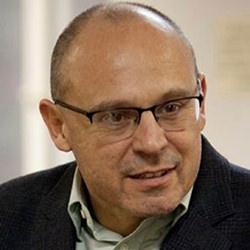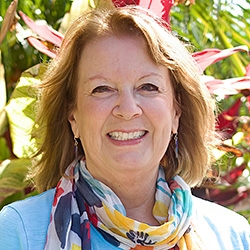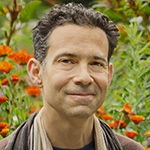

NVC Resources on Dialogue
-
Practice real-life NVC dialogue and role-play to master the dance of authentic communication.
-
We can't alone (nor with lone communities) transform the hidden structures of violence and domination. Dialogue alone isn't disruptive enough. We can easily be in dialogue with Trump supporters while the planet burns up, millions are still hungry, and we go extinct. NVC seriously risks reinforcing vast inequities and abuses if we're not radically engaging systemic constraints, and impacts of our choices that go beyond our immediate circle. Read on for ways to leverage NVC practices to expand true social change.
-
What do we actually mean by “use of force” and what counts as such? Here's a template that will be unpacked in this article: "Use of force is consistent with nonviolence to the extent that we use the least amount of force possible, with the most love possible, aiming at (re)creating conditions for dialogue; that we make the choice using as much nonreactive discernment as possible, with as much support for the choice as possible, and while mourning not seeing another way to respond to a situation in which vital needs are at stake except to use force". Read on for more.
-
Connecting with self and other is key to care and creativity. Before dialogue connect with your intention and needs for being with grief, fear or pain, and empathy. Dialogue when you're both rested, fed, and have spaciousness. Start by expressing care and desire to find mutually satisfying solutions. To deepen connection you may repeat what you hear and ask the other person to do the same.
-
Building relationships happens through dialogue and understanding the deeper meaning behind the words spoken. It’s about active listening that focuses on feelings and needs so you may truly comprehend the speaker’s message. In this video, Duke introduces two components of communication and how the restorative dialogue process supports mutual understanding.
-
When there's quality connection then collaboration and creativity generosity of heart can come. Then strategies honoring everyone’s needs are easier. This requires us to trust connection, hear needs, brainstorm, experiment, prepare, and hold confidence that everyone’s needs can be met. Needs-based negotiation starts there. What derails this? Feeling urgency, listening from our (dis)likes or opinions, and dire predictions.
-
Please join us as we take a deeper look into this mysterious word, “community.” In this Trainer Dialogue recording, we explore the living process of creating, uniting and nurturing NVC communities so that they transcend yet sustain and empower their members.
-
Trainer Tip: When we are authentic about who we are, and our preferences, we give everyone and ourselves a better opportunity to open up dialogue about how to meet our collective needs better. We simply express our truth, and in that way we value our own needs as much as those of others.
-
Watch Jim and Jori Manske in this video as they share three key learnings about collaborating effectively.
-
Listening is a cornerstone of dialogue and a powerful metaphor for spiritual practice. When we’re willing and able to listen, we open a conduit that allows connection and understanding to happen.
Quick Links

Stay in Touch!
We value your privacy, won't share your email address and you can easily unsubscribe any time.









